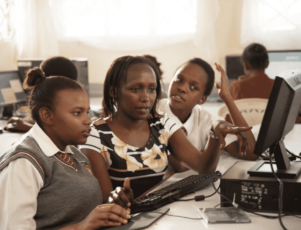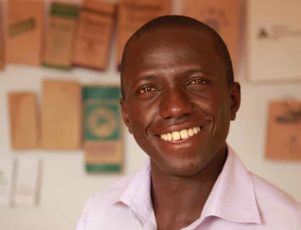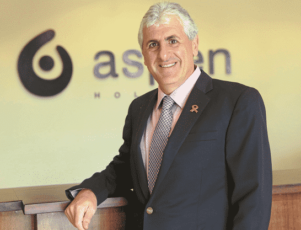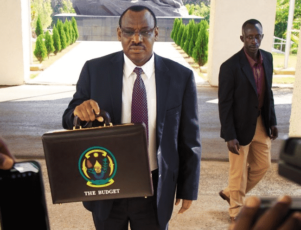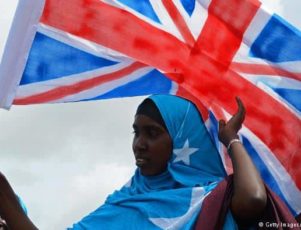Obinna Ukwuani was given a great advantage in life, when his parents moved from Nigeria to the USA, and thus gave him access to an excellent education. Ukwuani made the most of his opportunities, and recently graduated from Boston’s prestigious MIT. However, rather than take a comfortable job in the US, he is looking to create a STEM school in Nigeria that will offer others the chances that he had.
From STEM school to STEM school
Obinna Ukwuani grew up in Washington D.C., where his parents had moved in order to give their son access to as good an education as they could find. Although the family lived in the USA, his parents were determined that a young Obinna would not lose touch with his heritage, and as such they sent him back to Nigeria for his 8th and 9th grade years of school. A successful education and a passion for technology saw Ukwuani gain a place at the prestigious MIT in Boston.
However, his previous visits to Nigeria were not something he wished to forget, so he returned there during his freshman year at college. It was on this trip that Ukwuani saw how little opportunity within STEM fields there was for most Nigerian students.
Recalling his trip, he said, “It was shocking to see how far behind me they were…I knew I wanted to improve things in Nigeria.”
Ukwuani took immediate action, and in 2012 he launched a robotics summer school in Lagos, Nigeria that ran for 3 years. The school taught 113 students from 17 Nigerian states, how to code and construct robots, over the course of 5 weeks in the summer. The school hired MIT students to provide guidance and had funding from Shell. Ukwuani saw an immediate impact on the students who attended, explaining, “In 3 days, kids who’d never seen a computer were writing code.”
Makers Academy
The success of his summer school inspired Ukwuani to move into STEM education fulltime, once he graduated. While it would have been easy to take a well-paid job in the U.S, Ukwuani is clearly passionate about creating change within his parents’ homeland. After creating a business plan, the MIT graduate spent 5 months finding investors who would back his dream of creating a fulltime STEM school in Nigeria. His search was successful, and with backing in place, he is now in the process of creating his school, Makers Academy, in Ubuja, Nigeria.
Ukwuani expects the school to open in 2018 or 2019, and it will play host to 600 students who have shown an aptitude and interest in STEM fields. While some schools in Nigeria teach these subjects, no school will contain the cutting edge technology, such as 3D printers, that Makers Academy will have.
As a recession hits Nigeria, Ukwuani feels that changing education could be a long-term benefit for the whole country, saying, “Now more than ever we need more options…and we don’t have them.”
It may well be that Makers Academy is the start to ensuring that those options, are something that Nigeria’s future generations will not have.


